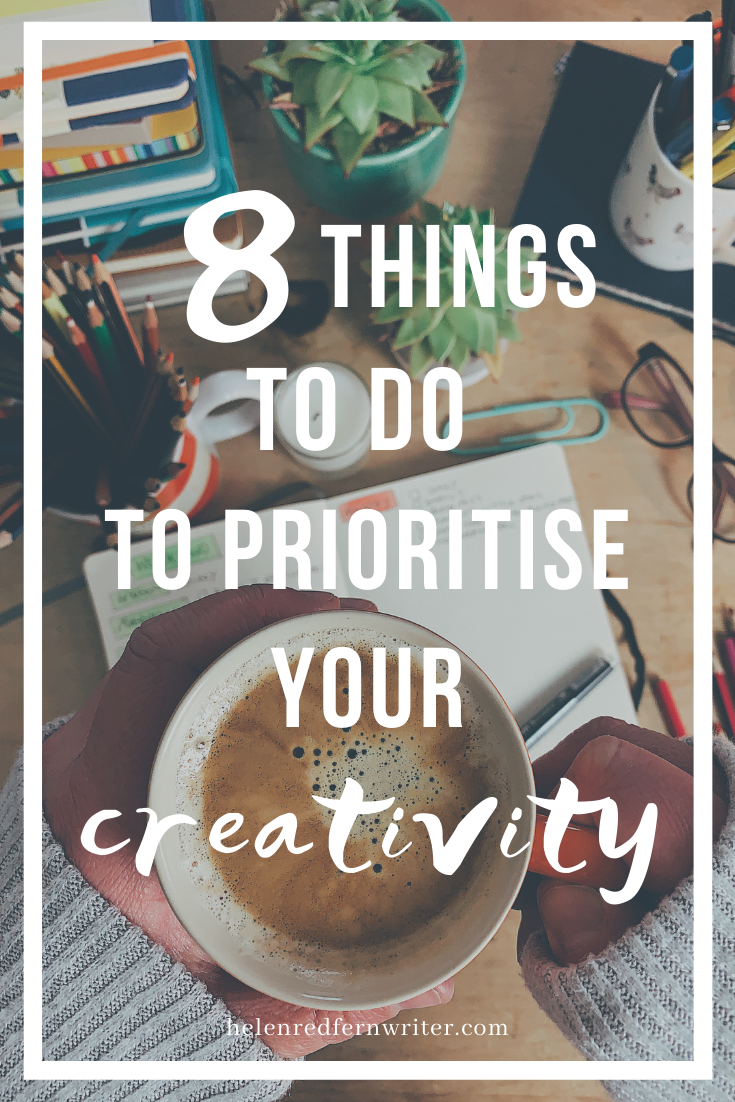How many of us put our creativity to the back of our priorities? Whether you write or create in your free time in the hope that one day you could earn an income from it or it’s your business and you do make an income from it. How often do you find yourself emptying the dishwasher when you should be writing your novel or cleaning the gunk out of the drain when you should be drawing? How many of us allow ourselves to be disturbed by our partner or our children when they’re old enough to be self-sufficient? (Obviously those with smaller children are exempt from that question!) Or, maybe, we prioritise our social media profiles instead of our creativity?
If you were a self-employed accountant would you do this? Or a lawyer working at home during the pandemic? If you were working for a company that paid you a monthly salary I’m sure you’d prioritise your tasks for that company above cleaning the bathroom or scrolling on Instagram. So why is it we don’t prioritise our tasks when we’re building our own business around our creativity and working for ourselves?
I believe, and this is a huge generalisation, that when our business is a creative business we don’t prioritise it - simply because it’s a creative business. For some of us our creativity started as a hobby - something we’d work on when we had the time. And that thought pattern of not prioritising is hard to let go of when we transition to a business.
Additionally we love our creative work. So much so we’d do it for free - we feel so lucky and privileged that this is something we can (potentially) earn a living off. This can make us devalue our work and our time. It makes us feel guilty for spending time on it. And when it comes to jobs in the home or making our teenage children their lunch it gets put to the back of the queue. We prioritise other things rather than our work.
It’s not just guilt, though. There may be another reason why we allow ourselves to be distracted from our creative work. Maybe we are procrastinating and therefore self-sabotaging. Procrastination can occur because we’re sacred at what might happen. This creative project might be a massive leap out of our comfort zone and we’re scared of the shame of failing. Alternatively we might become successful. But we’re still scared. Because what if it spirals out of control?
So the children, the housework, the garden, building up our social media platform becomes our excuse for failing or giving up or not achieving the goal we’d set ourselves. It’s easier to say “I was disturbed by the children” than admit you’re scared of pursuing your creative dreams. Instead of ignoring that DM on Instagram or telling our family we want half an hour on ourselves to create we welcome their disruption.
Back when my daughter was tiny a friend of mine would pop over for a few hours a week to help me get my writing commitments done. But I found myself coming downstairs regularly to ‘check’ on her, especially if she was having a minor tantrum, rather than staying in my office and finishing the writing. This was partly out of guilt (who did I think I was sitting in my office writing whilst a friend minded my own child?!) and partly because I was procrastinating. My confidence and belief in myself has never been brilliant so it was easier for me to use ‘checking on my daughter’ as an excuse for not finishing my writing project or for not finding new writing work after my maternity leave.
It’s obviously a lot easier for me now my children are seventeen and twelve. And even during the current lockdown when schools are closed they have full lessons online so I don’t have to oversee what they’re doing (not that my seventeen year old would let me oversee him!!) They have a lot of respect for what I do (both of them contribute to brainstorms around my business) and I believe that’s because, a few years ago, I decided to treat the limited writing time I had with professionalism. It was important to me to treat my writing as though I’m going to an office and being paid by a company. It was important to me to have consistent writing hours - even if, at that time, I wasn’t earning anything from it.
I felt that if I wanted to do this, if I really wanted it, that I should treat my time with respect. And when I did that my family followed suit.
Setting these boundaries is scary. Because you’re saying “I AM going to do this” whilst your head might be saying - “but it might not work!”
It is saying to your family - and friends for that matter - that you think you’re good enough to give this a go. But inside your head you’re screaming “but I’m not good enough!”
Believe me, I’ve been there. And most of the time it’s our own brain that’s stopping us. Not our family, not our friends, not the housework and not social media.
My tips:
It’s an oldie (but a goodie) but fake it until you make it. Treat yourself as a professional and take your creativity and the time you spend on it seriously. Try and change your mindset - it’s not a hobby but work.
Set yourself goals, break them down into projects and tasks and try and set aside thirty - sixty minutes a day (obviously if you have more time available - use it!). By dividing your big projects into small tasks you can see the progress you make during each writing or creative session. Seeing this progress can be extremely motivating.
Put a ‘do not disturb’ sign on your door. Show your family you’re serious. Don’t say you’re doing it then keep coming out of your office every five minutes or spend that hour on your own on Instagram.
Struggling to start? Try the pomodoro technique and set your timer for twenty minutes.
Don’t feel guilt for writing or painting. I know many people feel guilty because they enjoy their creativity. They feel it’s an indulgence or a ‘guilty pleasure’. But you’re allowed to enjoy your work. You aren’t on a chain gang from Les Mis - work, creative work, can be fun, fulfilling, profitable and something you love. In fact, it’s imperative you do love it then your passion shines out from the page. Please - give yourself the permission you need.
Stop picking up your phone to check on your latest Instagram post. You need to focus and get into that deep work stage of creating. Put your phone out of sight. Or, as I occasionally do, I record a time lapse of me writing for a post (or reel) on Instagram - it’s genius because by doing this I’m putting my phone out of reach - I can’t just pick it up and check it because it’s in use AND I get an Instagram post out of it for later.
Use rain sounds or similar white noise on your headphones to cancel out any distractions. When I use this rain video my brain is like Pavlov’s dog and I immediately go into writing mode.
Don’t compare yourself to others. You might only have a spare twenty minutes a day and feel bad because you compare yourself to someone who has eight hours. Do what you can in the time you have available. Don’t just not try because you haven’t got the time other creatives have.
As I write the draft of this blog post it’s Saturday and I’m in my office. My house could be tidier. The bathrooms could do with a clean. But I want to write - and I’m prioritising that. It’s my work and I love it. I feel no guilt. Tomorrow the family, all four of us, will spend half an hour on various household tasks and then we’re done and we can all go back to doing what we love.
Teamwork, boundaries around our time, and treating ourselves as professional.
It works for me.
[For behind-the-scenes action you can see an Instagram reel of me sketching out this blog post here.]
I’ve just published my ebook, called Journaling Your Goals, to help you find your creative purpose and to become more productive, more motivated and less scared. To order then click here.
I also write tiny essays in my newsletter which I send out about twice a month.






Do you curate your Instagram feed? Does that frustrate you? Are you not sharing what you really want to share? Maybe it’s time to mix it up a little in order to grow, explore and discover new passions as a creative.